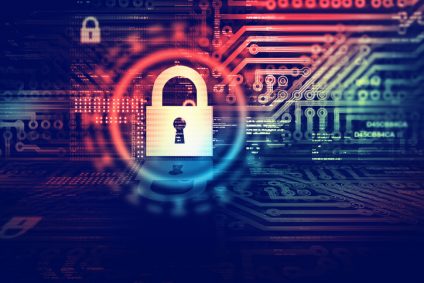
Online data requires as much protection from would-be thieves as physical valuables do. However, people are still not taking the necessary precautions to secure their online activities and sensitive data.
“Over the past few years, we noticed an interesting privacy paradox worldwide. As well all know, people express privacy concerns and fear identity theft. Yet they still reveal their personal details online for the sake of creating their online personas or for small bounties,” says Daniel Markuson, a digital privacy expert at NordVPN.
“The existing pool of leaked data creates an invaluable resource for hackers. Because of that, in 2019 we’ll see even more identity theft, phishing scams, personal data leaks, and financial losses.”
The online threat landscape is becoming more and more frightening. The range of cybercrime covers everything from phishing and pharming to ransomware and massive DDoS. Worse still, security threats have moved beyond just malicious and financial intent; they have now entered the realm of geopolitical warfare as the 2016 U.S. presidential election has shown.
Usual mistakes that threaten online safety
Here is some advice by NordVPN, a virtual private network provider that helps protect online privacy, on how to stay safe and private online:
1. Weak passwords. This is the biggest sin you can do online. Week passwords can cause account loss, leaked sensitive data, credit card details, etc. And yet the most popular password in the world is still ‘password.’
2. Getting tricked with phishing emails and messages. As more and more date is compromised worldwide, phishing scams are getting more personalised and more difficult to spot. That means you should get more cautious. Even if an email or message contains a personal greeting, your address, or other sensitive details, it doesn’t mean that it comes from your bank.
3. Oversharing on social media. Tweets or photos that you post as a college student will still be there when you are a company director down the road. To stay protected, don’t post anything that you might regret later and never share sensitive data like phone number, address, etc. Finally, protect your location. By the way, wait till you get home to post your travel pictures.
4. Connecting to public Wi-Fi. The truth is that even a kid with a passion for IT and tech world can easily hack a public Wi-Fi hotspot. And for real hackers, those are true goldmines.
5. Installing too many apps. Not all apps and browser extensions are good. Some of them were only created to track your online activities and browsing habits or even steal your data.
Don’t forget to follow Dealer Support on Twitter!

Be the first to comment